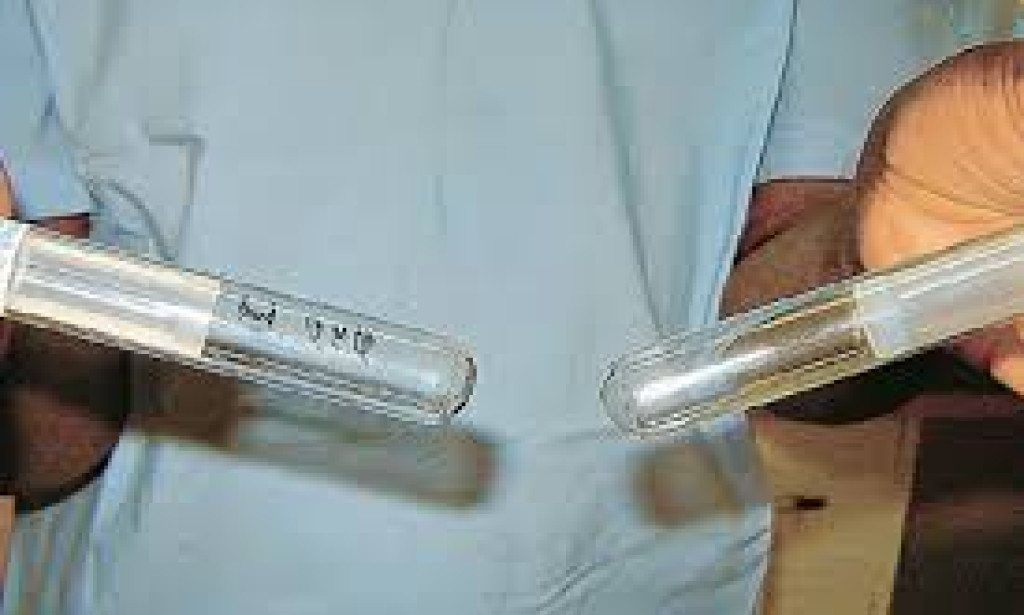Kenya is witnessing a rising trend of men becoming sperm donors — and it stems from a combination of medical necessity, economic opportunity, changing social norms, and growing awareness.
A major driver is male infertility. Recent studies indicate that conditions like low sperm count (oligospermia) and absence of sperm (azoospermia) are increasing among Kenyan men. Many couples who struggle to conceive are now discovering that the male partner may be the cause, overturning long-held cultural assumptions blaming women alone. When medical intervention requires a viable donor, sperm donation becomes an option. Another factor is financial motive. Some men, particularly those who are young or with limited income, see donation as a way to earn supplemental income. Stipends or payments for sperm donations, while modest, are attractive to those who might otherwise have few sources of extra funds.
Cultural shifts and increased openness also play a role. More men are seeking fertility testing and acknowledging fertility challenges. There’s somewhat more willingness to discuss what was formerly taboo — male infertility, sperm health, etc. Also, women (including single women) who want children but cannot conceive naturally are increasingly using donor sperm to start families.
However, there are concerns. Lack of regulation or clear legal frameworks governing sperm donation in Kenya raises ethical issues — around donor rights, anonymity, compensation, and the welfare of children born of donation. Also social stigma remains strong; many men are hesitant because of fears about reputation, questions of paternity, or cultural expectations.
As demand for donor sperm increases, balancing ethical safeguards, transparency, consent, and medical oversight will be essential. Kenya’s medical, legal and social systems are now being challenged to catch up with evolving realities in fertility and family formation.

You must be logged in to post a comment.